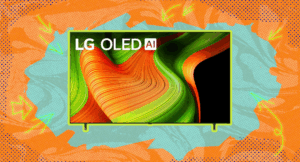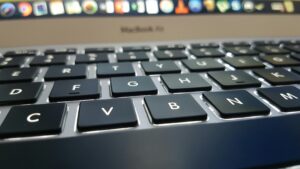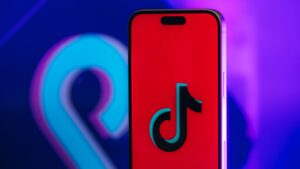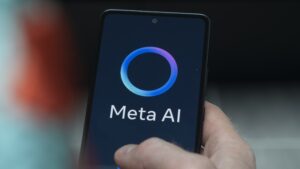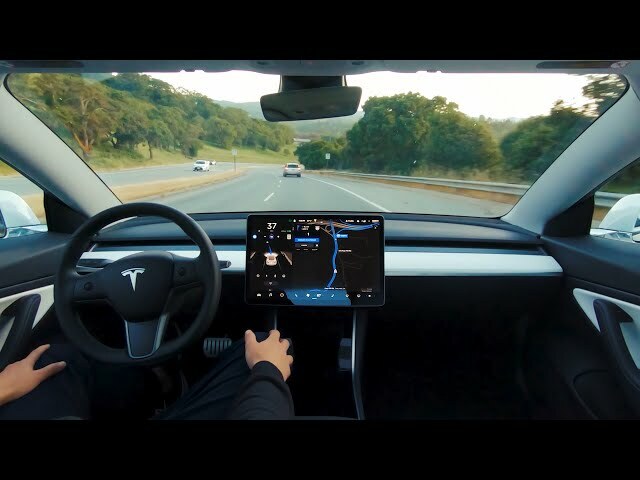
In the past week, Tesla’s Full Self-Driving beta program went from about 2,000 select drivers testing it to almost any Tesla owner in the U.S. willing to cough up at least $200.
U.S. drivers make up at least half of the more than 1.4 million Teslas worldwide, so there’s a lot more opportunity to encounter someone with the hands-free, not-quite-autonomous driving mode engaged. Other drivers likely won’t know when a nearby Tesla has FSD is turned on, but if they see one struggling on busy city roads, that might give fellow motorists and pedestrians a clue.
The electric car company released last week a monthly $199 subscription option for open access to the feature that auto-steers, -accelerates, and -brakes, all while the driver looks at the road ahead, hands on lap, ready to take over. Hopefully.
During the FSD beta period, which launched in October, only a carefully selected group of early adopters had access to the feature. Now anyone who has bought a Tesla vehicle made since 2015 qualifies to use the powerful driving assistant. Hardware limitations on some early Tesla models mean they can’t upgrade to use FSD. But the majority of Teslas in the U.S. were produced and bought in the past few years, so if you see a Tesla, it’s almost certainly eligible.
Tesla has made it clear that drivers must be paying attention, but there’s no driver monitoring system or sensors to enforce proper behavior. It’s a frightening prospect. At least with Tesla’s simpler Autopilot driver assistance feature drivers have to keep hands on the wheel at all times. That’s not the case with FSD mode.
As Consumer Reports published this week, the review publication is “concerned that Tesla is still using its existing owners and their vehicles to beta-test the new features on public roads.”
It sure seems like Tesla owners are part of a precarious experiment. During a recorded drive in downtown Chicago, funky street markings and atypical lane dividers threw off the not-so-autonomous system. Other videos have flooded in this week, like one taken in San Francisco that shows the car hitting a bush and almost colliding with another car.
The National Highway Traffic Safety Administration (NHTSA) is well aware of Tesla’s “advanced driver assistance system” and requires anyone using FSD to stay in control at all times. The regulatory group doesn’t consider FSD (or its simplified version, Autopilot) an autonomous system.
But it also doesn’t require Tesla (or other carmakers with advanced driving systems like General Motor’s Super Cruise) to mark or indicate that the mode is on. When a Waymo or Cruise autonomous vehicle turns the corner, it’s clearly marked that it’s a self-driving vehicle. With Tesla, not so much. That could be a Model Y with FSD engaged, or not.
Until the NHTSA forces Tesla to make clear that FSD mode is turned on, assume any Tesla could be driving under robot control.

